Tracing
Automatic zero instrumentation traces for all container requests with support for HTTP(s), Kafka, NATS,
RabbitMQ, Redis, and more powered by eBPF. Bring your own custom traces with OpenTelemetry.
Logs
Every log from every container stored in a single place. Automatic structured JSON log parsing with a billion
logs per second search. Bring your own custom logs with OpenTelemetry.
Metrics
Detailed metrics collection and visualization for all pods, containers and hosts out of the box. Bring your own
custom metrics with OpenTelemetry.
Profiling
Zero instrumentation eBPF-powered on-CPU profiling for all containers. See CPU time down to the function level. Full support for C, C++, Python, Golang, Rust.
Kubernetes Resources
Every change to every resource, stored and indexed in a single place. A complete history of your cluster’s state
with derived metrics.
Service Maps and Network Visualization
Understand and visualize every dependency and network path. No instrumentation required.
Intelligent Alerting
Alert on anything in the platform, including metrics, logs, traces, and Kubernetes resources.
Instant APM
Auto-generated APM for every service. RED metrics, profiling, incoming and outgoing traces, and much more.
Proactive Monitoring
Automated issue detection and cost optimization recommendations.
